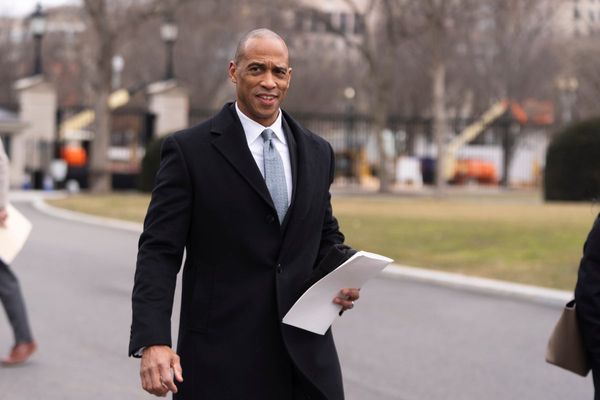Nearly one-fifth of the district court complexes in the country lack separate toilets for women, according to a report published by the Centre for Research and Planning of the Supreme Court recently.
The report — ‘State of the Judiciary’ — underscored the necessity of women-friendly toilets, stating that sanitary napkin vending machines have been provided at only 6.7% of the toilets meant for women.
“To ensure equality, dignity and the right to menstrual health and sanitation facilities to women, it is essential that women toilets in institutions of justice have sanitary napkin vending machines with appropriate menstrual waste disposal options,” it stated.
Citing data from the National Judicial Data Grid, the report said that while 19.7% of district courts did not have separate toilets for women as of September 25, 2023, the condition of the existing washrooms painted a grim picture.
The report said that toilets in courts are often found with broken doors and lack regular water supply.
“Sometimes, toilets are attached to the chambers of judicial officers, and both male and female judges are required to share a common washroom,” it added.
The report also said there were instances when judges personally had to engage sweepers and cleaners to ensure cleanliness and hygiene.
In Peren district of Nagaland, no maintenance facility was engaged to clean the toilets. Staff members themselves had to ensure the upkeep of the washrooms, the report said.
The report also revealed that most district courts did not have toilets for transgender persons and emphasised the need for “gender-inclusive toilets” in every court complex.
It added that in Kerala, washrooms for transgender persons are available on a sharing basis with persons with disabilities. In Uttarakhand, there are only four washrooms for transgender persons across the State.
In Tamil Nadu, such facilities are available only in two districts — Chennai and Coimbatore.
The report said that using washrooms that “do not align with their gender identity may cause discomfort and harassment to transgender persons”.







